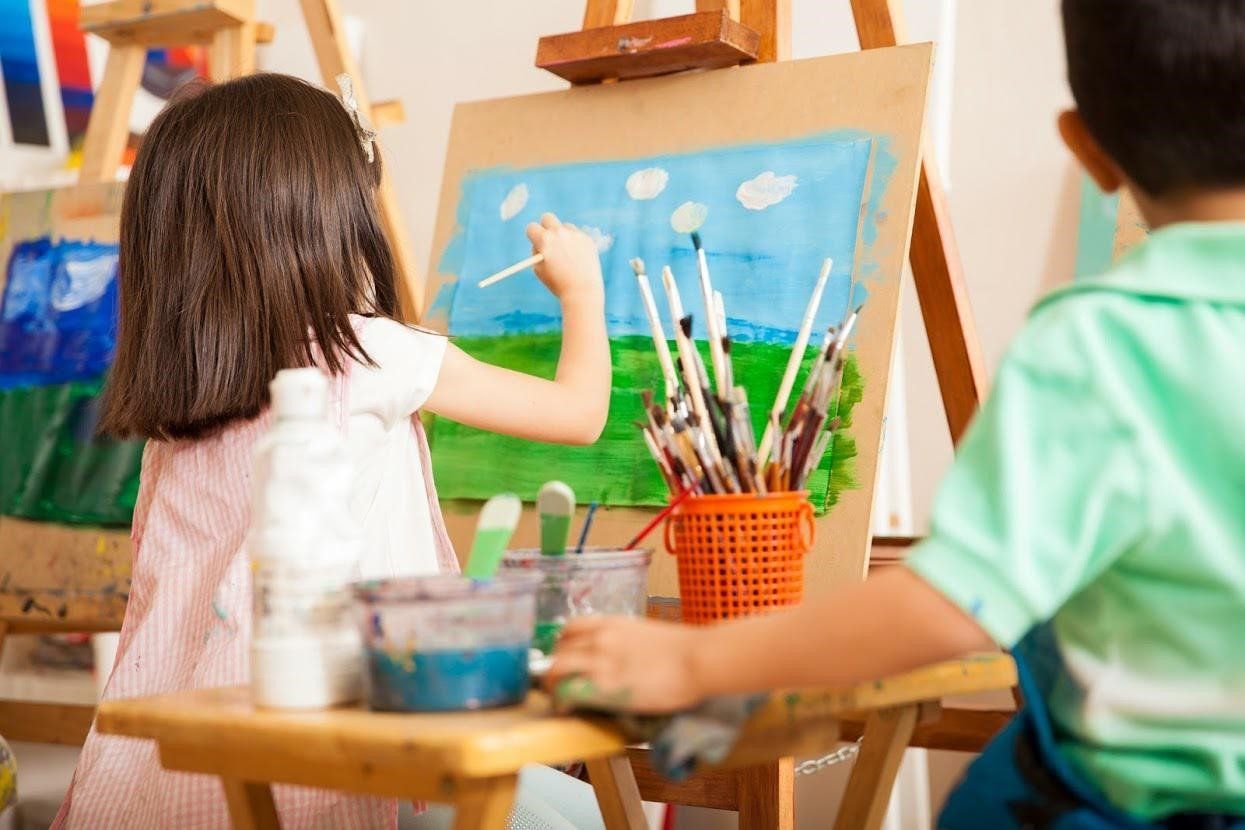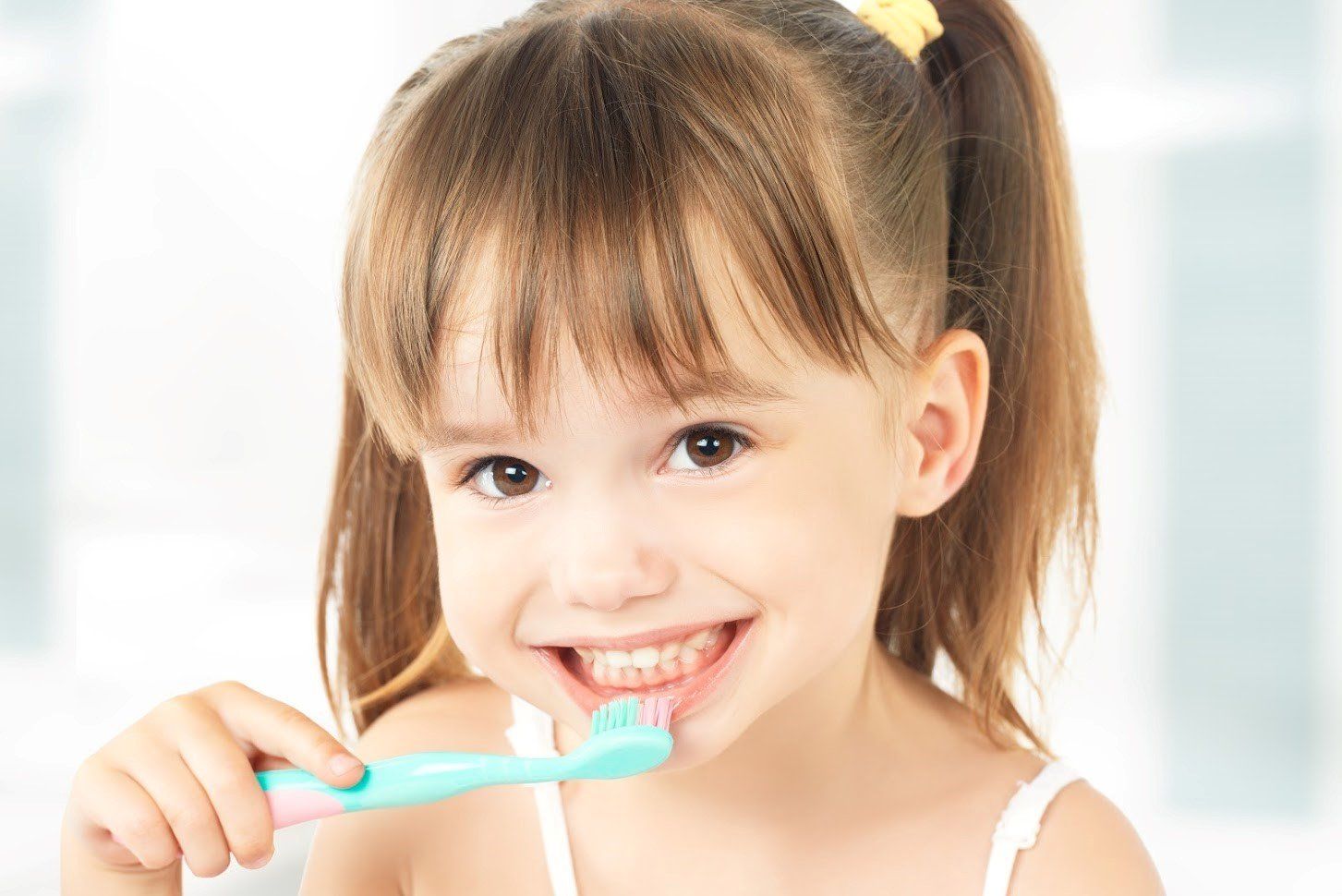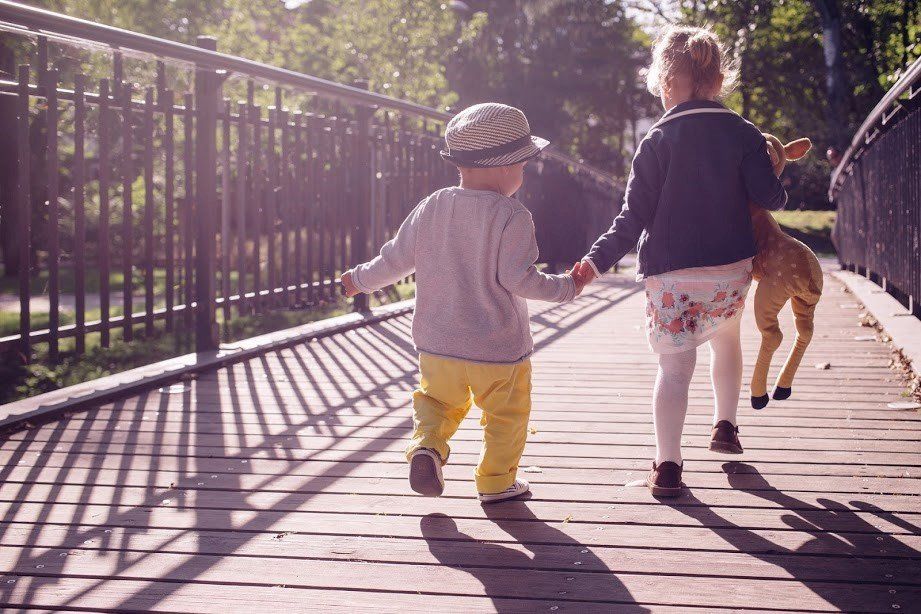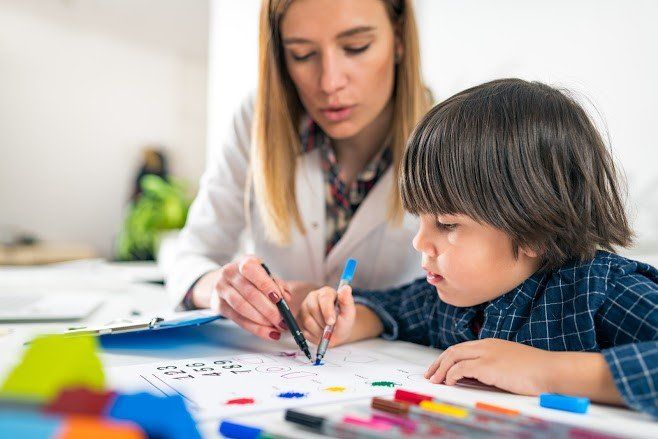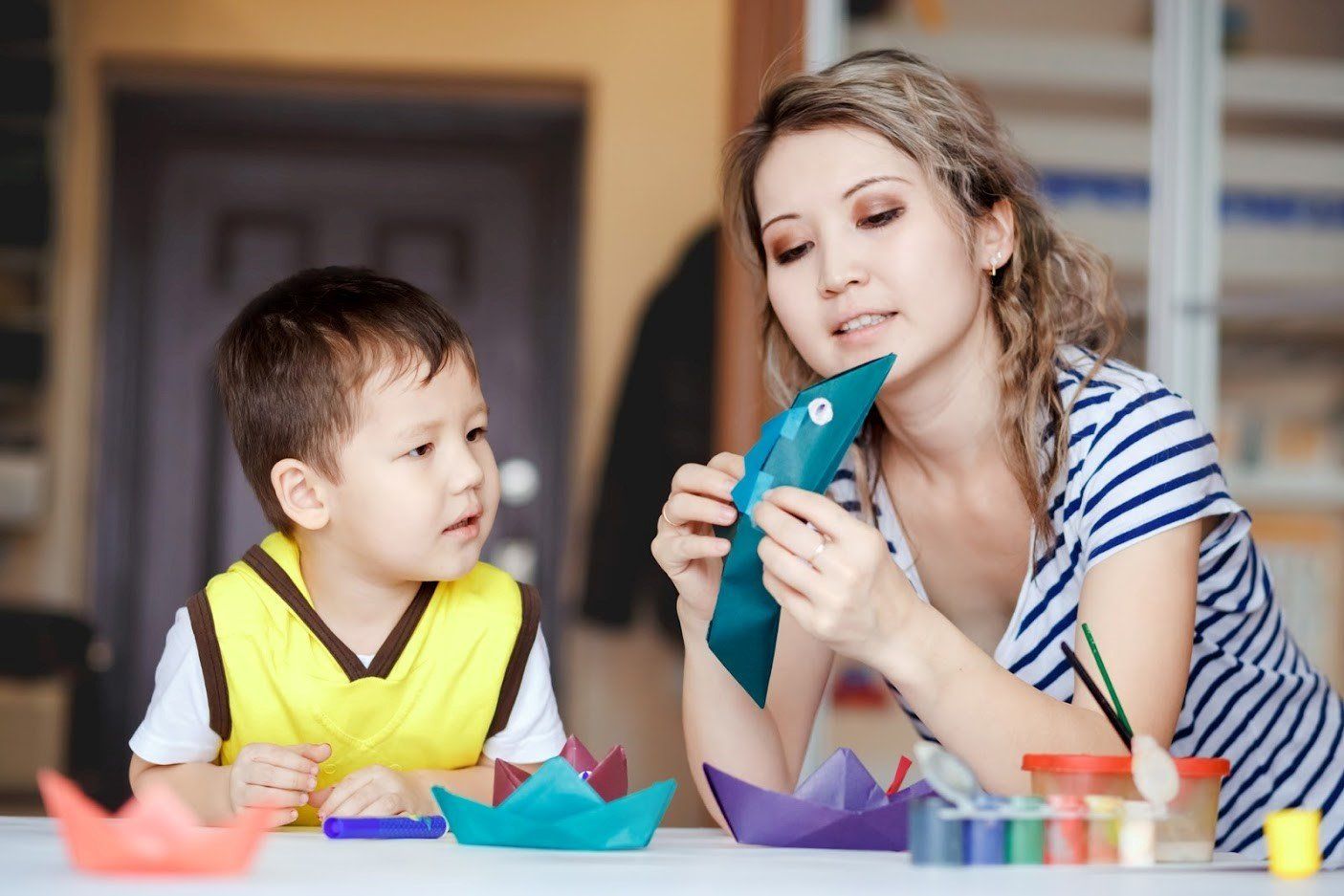Understanding Mask Protocol for Children
Does your preschooler need to wear a face mask to daycare, the grocery store, or grandma's house? Take a look at the top school-related and developmental face covering questions parents of three- to five-year-olds have answered.
Do Children Have to Wear Face Coverings to Daycare?
The answer to this question depends on several factors. According to the U.S. Centers for Disease Control and Prevention (CDC), children under age two should not wear face coverings. If your child is three and over, the decision to wear a mask to daycare depends on:
The local laws. Your state, city, or county may create rules that regulate the requirements of wearing face masks.
The daycare's policies. Along with the local laws, the daycare center may have a policy for face masks inside the center's building.
Your child's health. Children and adults who have trouble breathing or some types of medical conditions should not wear a covering.
Face mask rules may also depend on where your child spends time in daycare. Again, the specific requirements depend on your local area's laws. But your child may not need a mask if they are outdoors and can consistently stay at least six feet away from other people.
The state of Pennsylvania does require children two years and older to wear face coverings.
How Can You Help Your Child to Wear a Mask?
Some children don't like face masks. Even though you understand the purpose of a face, your young children may not have the cognitive skills to grasp this concept. It's normal for a young preschooler to question the rules or your requests. But at this stage of development, it's not likely they'll fully understand or care about the reasoning behind the rules.
If your child has questions about the face covering or won't wear it, you can help and:
Talk to the teacher. Whether your child needs to wear a mask at daycare or somewhere else, their daycare teacher has the developmental knowledge needed to help. Ask the teacher for ideas or strategies based on your child's developmental stage and needs.
Act as a role model. Wear a mask in front of your child, and maintain a positive attitude. You can also remind your child to look at their daycare teachers or other adults they know and love.
Use a pretend friend. Put a mask on your child's favorite stuffed animal or doll. This can make the process fun and more inviting.
Let your child choose. Your preschooler is developing their sense of independence. Give your child choices and allow them to select their own face covering.
Read picture books. While a lengthy lecture on the benefits of masks may do little to help your child, photos or illustrations in a children's book can make the process easier for your preschooler.
Your child may continue to question the mask or face covering. Use simple sentences to answer your preschooler. Avoid explanations that may frighten your child. Instead, focus on the idea that a mask can keep them healthy and happy.
How Does Motor Development Affect Mask-Wearing?
Your child's fine motor development may impact their ability to put on, adjust, or remove a mask. By age three, your child has the hand and finger skills to hold writing utensils, feed themselves, button clothing, and draw simple shapes. These growing skills can help them to put on/take off their mask.
To help your child improve fine motor skills and make mask-wearing easier:
Practice. Give your child plenty of time to practice putting on and taking off their mask.
Choose an easy to handle mask. Instead of complicated ties, choose a mask that slips on easily over your child's ears.
Use other fine motor activities. Other activities such as drawing or building with blocks can help to build fine motor skills. These general skills will help in other areas, such as mask-wearing.
As your child moves through the preschool years their fine motor skills will improve. This means a three-year-old may need more adult assistance with their mask than a five-year-old.
Is your child ready to start preschool? Contact Small World Early Learning & Development Center for more information


